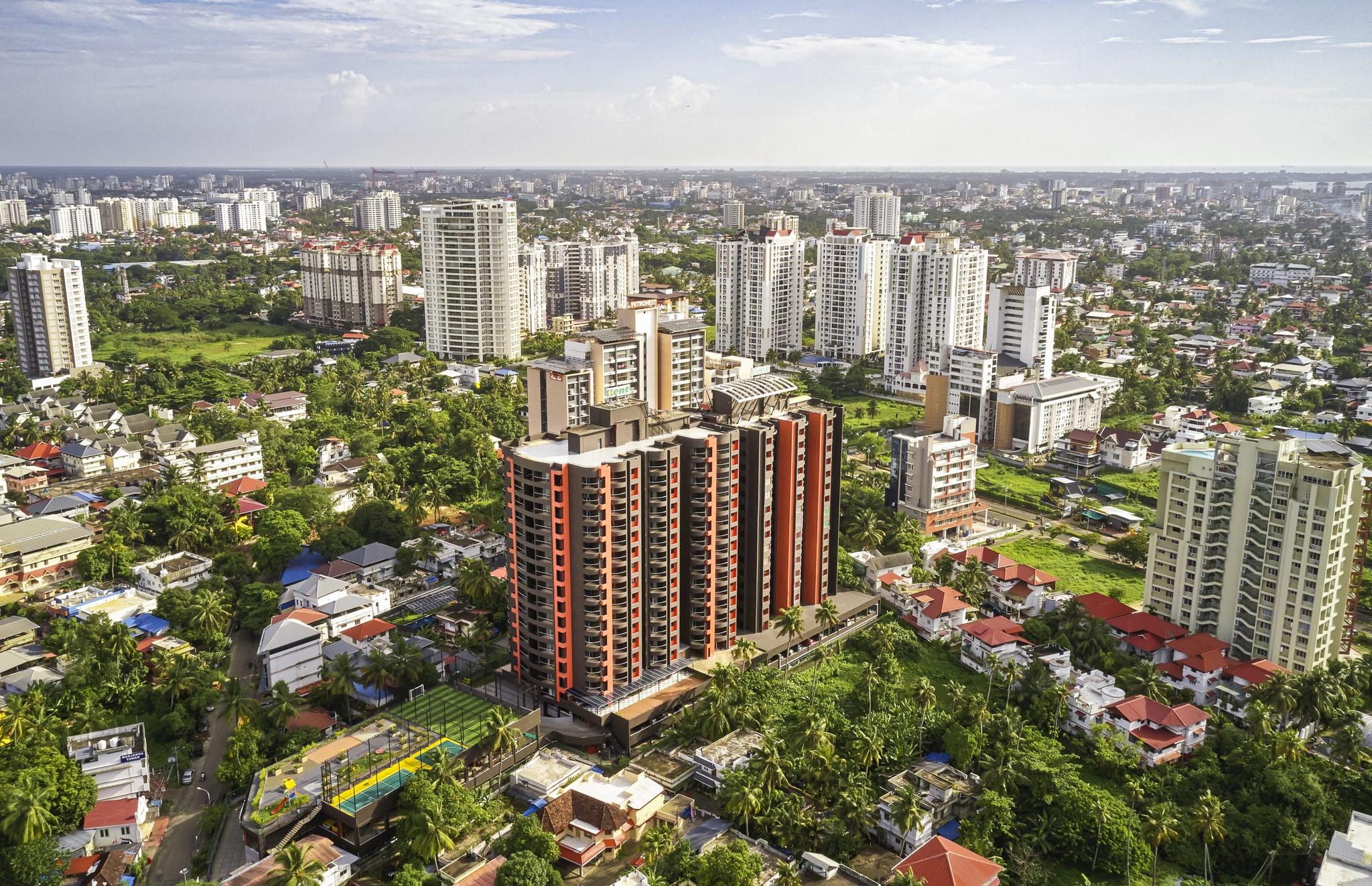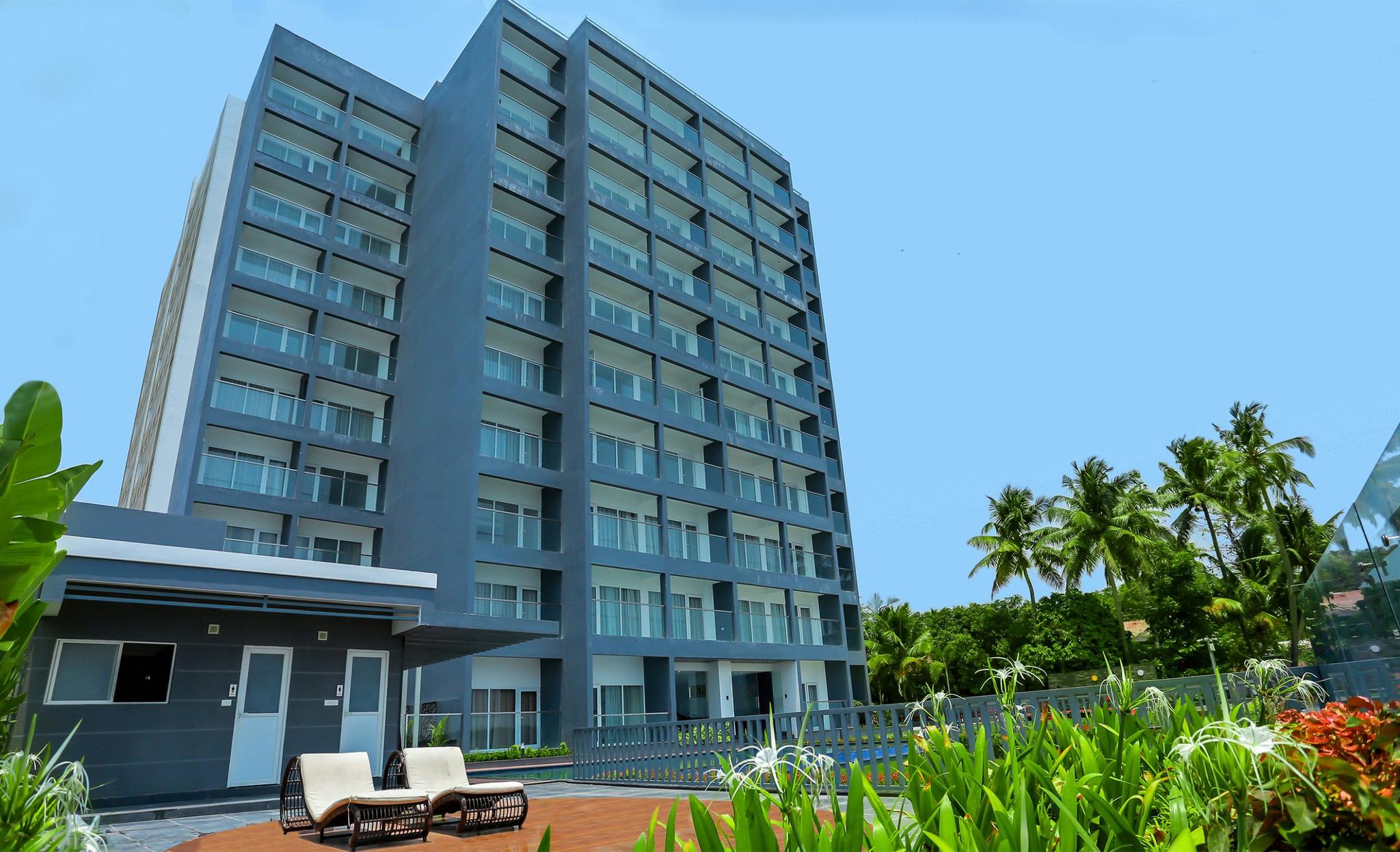
How Repo Rates Impact Flats for Sale in Kochi


The Reserve Bank of India (RBI) plays a crucial role in regulating the country's economy, and one of the key tools it uses to achieve this is the repo rate. The repo rate is defined as the interest rate at which the RBI provides loans to commercial banks, and it plays a crucial role in shaping the overall economic landscape, including the real estate market. In this blog, we will analyze the repo rate, its effects on the economy, and its impact on the real estate sector, particularly on flats for sale in Kochi.
What is Repo Rate?
The repo rate, or repurchase agreement rate, is a crucial monetary policy tool employed by the Reserve Bank of India (RBI). It represents the interest rate at which commercial banks borrow short-term funds from the central bank. In this transaction, banks pledge securities to the RBI as collateral in exchange for a loan. This system serves as a crucial mechanism for the RBI to manage the money supply within the economy and to control inflation levels.


How Does Repo Rate Work?
The borrowing of funds by banks from the Reserve Bank of India at the repo rate has a direct impact on the interest rates they set for loans, including home loans. This situation often leads to an increase in lending rates for customers. On the other hand, a decrease in the repo rate makes borrowing more affordable for banks, leading to a potential reduction in lending rates.
Repo Rate Changes and Economic Trends
The repo rate has a significant impact on Kochi's real estate market. A reduction in the repo rate by the Reserve Bank of India (RBI) decreases the borrowing costs for commercial banks. This, in turn, allows consumers and businesses to access loans at lower rates, which can enhance economic growth. In contrast, an increase in the repo rate by the RBI raises borrowing costs for commercial banks, which can result in a slowdown of economic growth.
Repo Rate on Property Prices in Kochi
The repo rate has a notable influence on property prices in Kochi. When the Reserve Bank of India lowers the repo rate, it can increase demand for housing, which can result in rising property prices. Conversely, an increase in the repo rate can lead to decreased demand for housing, leading to a potential drop in property prices. Moreover, changes in the repo rate can also affect the affordability of homes in Kochi, making it either more accessible or more challenging for buyers to acquire homes. Fluctuations in the repo rate can have an indirect influence on the costs of construction. An increase in interest rates may raise the borrowing costs for developers, which could result in higher construction expenses and ultimately affect property prices.
How to Take Advantage of Changes in the Repo Rate?
Homebuyers in Kochi can take advantage of changes in the repo rate by being aware of the current interest rate environment and adjusting their home-buying strategies accordingly. When the RBI lowers the repo rate, it may present a favorable opportunity for homebuyers to make a purchase, as it generally results in lower costs of borrowing. On the other hand, an increase in the repo rate may suggest that homebuyers should consider waiting and monitoring the market, as borrowing costs are likely to increase.
Conclusion
The repo rate is an essential factor that impacts the real estate market in Kochi. It affects the affordability of home loans, which in turn impacts buyer demand, property pricing, and the overall market landscape. Kent Constructions understands the importance of being informed about the repo rate and its effects on the real estate market. By being aware of how the repo rate affects the economy, homebuyers in Kochi can make informed decisions regarding their property purchases, especially when considering luxury flats in Kochi.


























































































































































